Cottonseed Oil
|
Cottonseed Oil
|
|||||
|
Packing Detail
(All Sizes)
|
Carton
Weight (kg)
|
Number
Of Pieces
|
Boxes In
1×20 Cntr
|
Total Bottles
Cans/Tins
|
Origin
Country
|
| 750ml x 12 pcs bottles | 8.10 | 12 | 2248 | 26976 |
USA
China Brazil EU-27 Ukraine |
| 1Ltr x 12 pcs bottle | 10.80 | 12 | 1870 | 22440 | |
| 1.8Ltrs x 6 pcs bottles | 9.72 | 6 | 1600 | 9600 | |
| 2Ltrs x 6 pcs bottles | 10.80 | 6 | 1463 | 8778 | |
| 3Ltrs x 6 pcs bottles | 16.20 | 6 | 1102 | 6612 | |
| 5Ltrs x 4 pcs bottles | 18.00 | 4 | 1006 | 4024 | |
| 10Ltrs Jerry Can | 9.00 | 1 | 2490 | 2490 |
Shelf Life
|
| 18Ltrs Jerry Can | 16.20 | 1 | 1450 | 1450 | |
| 18Ltrs (Tin packing) | 16.20 | 1 | 1296 | 1296 |
12 Months
|
| 20Ltrs Jerry Can | 18.00 | 1 | 1330 | 1330 | |
| 25Ltrs Jerry Can | 22.50 | 1 | 1098 | 1098 | |
| 211Ltrs Metal Drum | 190.00 | 1 | 98 | 98 | |
| Varities Available: Pure Cotton seed Oil | |||||






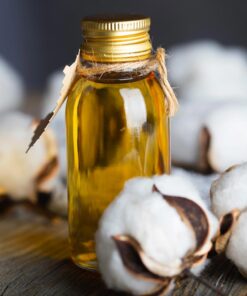
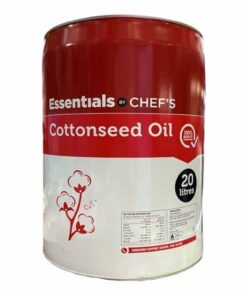


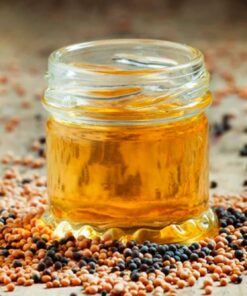
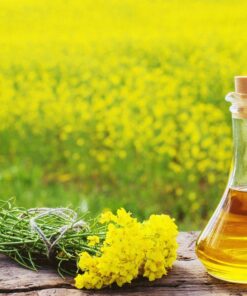
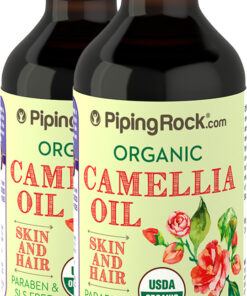
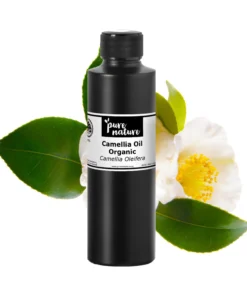
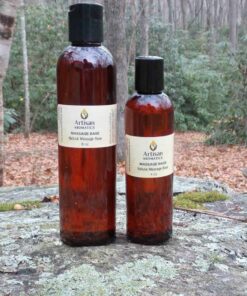

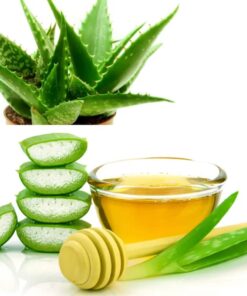
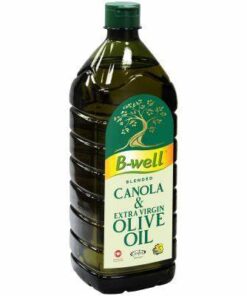
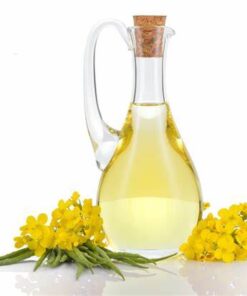



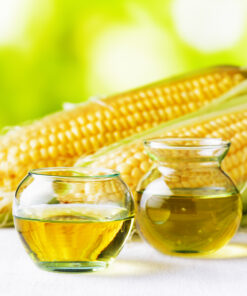

5 reviews for Cottonseed Oil
There are no reviews yet.